
UN Human Rights Chief Urges China to Protect Minorities in Xinjiang Amid Allegations of Severe Abuses
United Nations human rights chief Volker Turk renewed his urgent calls on Beijing to enhance protections for minorities in China’s northwestern Xinjiang region and to conduct thorough investigations into “allegations of human rights violations, including torture.”
This appeal comes nearly two years after the United Nations Office of the High Commissioner for Human Rights (OHCHR) released a damning report. The report concluded that Beijing’s treatment of Uyghurs and other Muslim minorities in Xinjiang “may constitute international crimes,” specifically “crimes against humanity.”
China’s Defiant Stance
In response to Turk’s renewed calls, Chinese Foreign Ministry spokesperson Lin Jian asserted that China is open to a “constructive exchange” with the OHCHR. However, Lin cautioned against what he described as attempts by “political forces aiming at containing and vilifying China.”
Reiterating a common Chinese narrative, Lin Jian claimed that the people in Xinjiang are experiencing unprecedented levels of happiness and prosperity. “People of all ethnic groups in China are equal and their legitimate rights and interests are fully protected,” Lin stated. “Xinjiang today enjoys social stability and economic growth and the people there live a happy life.”
Contrasting Realities
Contrary to Beijing’s assertions, a substantial body of evidence indicates that Chinese authorities have subjected Uyghurs and other Muslim minorities in Xinjiang to a range of severe human rights abuses. Reports and investigations have documented mass internment, forced sterilization, torture, sexual violence, forced labor, religious repression, and other forms of cultural erasure.
At the core of these abuses are Beijing’s internment camps, where an estimated 1.8 million people have been detained. China defends these facilities as vocational training centers designed to eradicate poverty and extremism. However, U.S. lawmakers and numerous human rights organizations have provided extensive documentation suggesting that these camps are used for forced labor, torture, political indoctrination, and other severe abuses.
International Investigations and Challenges
In April 2021, the Australian Strategic Policy Institute (ASPI) identified 385 detention sites in Xinjiang through meticulous research involving satellite imagery, construction contracts, government documents, and eyewitness testimonies. ASPI reported that China built or expanded these facilities between 2017 and 2021.
Efforts to verify these claims have been hampered by Beijing’s strict control over media and limited government transparency. An Agence France-Presse (AFP) team visited 26 of the documented sites in their September 2023 report. While 10 of these sites appeared operational, authorities denied them access, preventing the identification of any indisputably incarcerated individuals.
Suppression of Activism and Reporting
The Chinese government has also targeted the family members of Uyghur activists who speak out against the abuses. In August, Tahir Imin, a U.S.-based Uyghur activist, revealed that authorities prosecuted six of his former business associates and 28 of his family members due to their association with him. Similarly, in June, a U.N. human rights expert reported that China detained Gulshan Abbas, a Uyghur doctor in Xinjiang, just six days after her sister criticized the persecution of Uyghurs at an event in Washington D.C. Abbas was sentenced to 20 years on unfounded terrorism-related charges, a move seen as retaliation for her sister’s activism.
Six Uyghur reporters from Radio Free Asia, a VOA sister organization, have also reported that dozens of their family members were detained and sent to camps “for ill-defined reasons.”
Calls for Accountability
Maya Wang, Associate China Director at Human Rights Watch, emphasized the importance of continued international pressure. “Beijing’s brazen refusal to meaningfully address well-documented crimes in Xinjiang is no surprise, but shows the need for a robust follow-up by the UN human rights chief and UN member states,” Wang stated.
A Critical Juncture
As Volker Turk renews his calls for accountability, the international community remains at a critical juncture. The evidence of human rights abuses in Xinjiang continues to mount, challenging Beijing’s official narratives and prompting demands for greater transparency and justice for the affected minorities.
The situation in Xinjiang underscores the broader struggle for human rights and ethnic equality in China, highlighting the need for sustained global advocacy and intervention to protect vulnerable populations from systemic abuses.
Looking Ahead
The international response to China’s actions in Xinjiang will likely shape future human rights discourse and policy. Continued advocacy by organizations like the OHCHR, Human Rights Watch, and various international bodies remains crucial in holding Beijing accountable and ensuring the protection of minority rights in the region.
As the world watches, the calls for justice and transparency in Xinjiang resonate louder than ever, reflecting the global community’s unwavering commitment to upholding human rights standards.
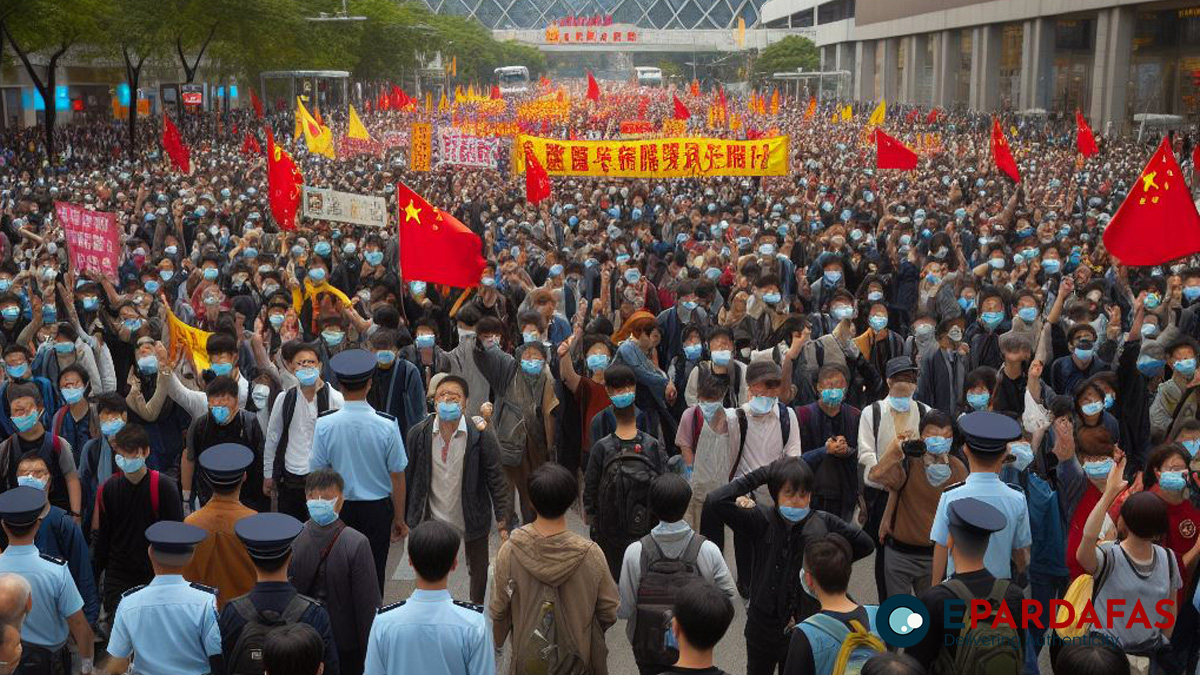
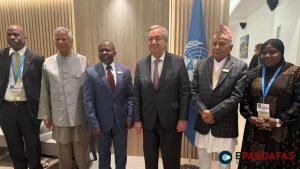
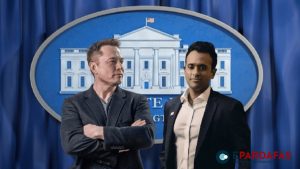
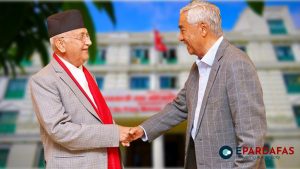
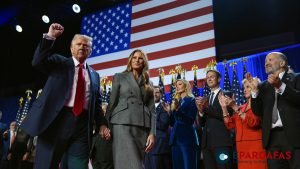
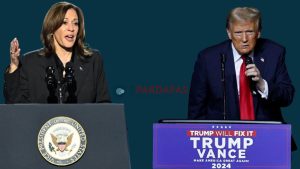
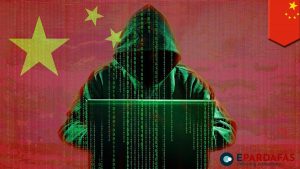
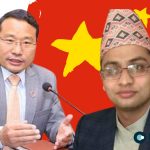



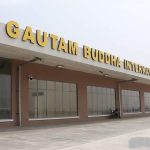
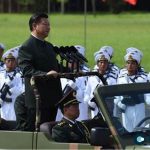
Comments